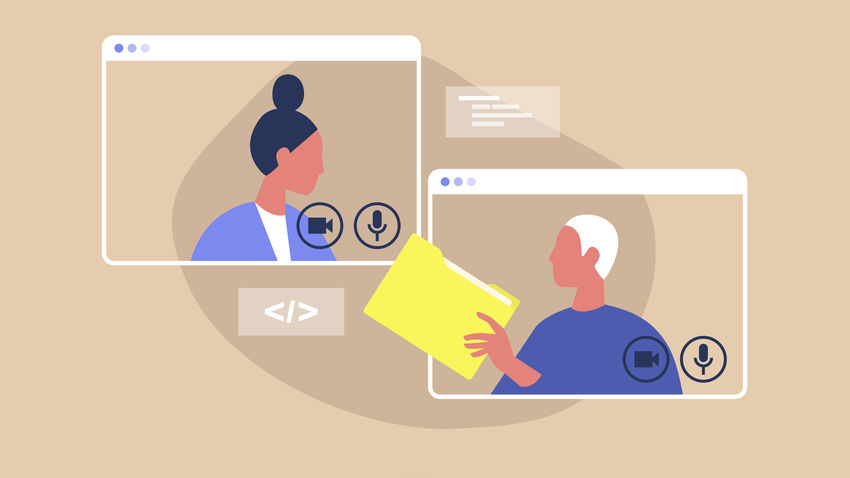
Communication Sciences and Disorders professor Nadine Martin has been awarded a grant from the National Institutes of Health to build a cloud-based library of specialized information, access her Temple laboratory’s pioneering test battery for individuals with aphasia, and establish an online “Collaboratory” where aphasia researchers from different institutions can conduct studies together.
“The aim is to advance aphasia research by helping researchers build better studies, increase numbers of participants, and share their findings and measurements,” says Martin, a Laura H. Carnell Professor of Communication Sciences and Disorders, who heads Temple’s Aphasia Rehabilitation Research Laboratory.
Aphasia, often caused by stroke, can impair a person’s ability to speak, write or process incoming language, even though their stored knowledge of language remains intact. There are around 100,000 new aphasia cases annually in the United States, and an estimated 2.5 million Americans live with aphasia.
"Aphasia is a complex syndrome, and we have learned a lot about its neural and cognitive basis to create effective diagnostic and treatment approaches," Martin says. "But there are mechanisms we don't fully understand about the loss and recovery of language. The opportunity for scientists to collaborate will enable aggregation of data from many small laboratories and promote consistency of study methods and measurements."
Martin’s lab previously developed TALSA, the Temple Assessment of Language and Short-Term Memory in Aphasia, a battery of language and communications tests that researchers can use to evaluate individuals with aphasia. TALSA’s innovation is that, more than prior tests, it explores the role of short-term memory as a pathway or impediment to language access. “It incorporates the newest ideas about what aphasia is, and it can produce more sensitive results as a diagnostic tool,” Martin says.
The new grant appends a five-year, $2.5 million NIH grant that Martin’s lab received in 2017 to create a streamlined, web-based version of TALSA that takes it beyond the research realm to put in the hands of speech pathologists, who will be able to use it to evaluate and treat patients. While development of that clinical version of TALSA continues, the new grant, through the NIH’s Office of Data Science Strategy (ODSS), adds creation of the online research-sharing platform, built around TALSA.
The new cloud-based platform will contain multiple elements. It will make available the full TALSA test and a database of results. There will be a research and education section, with forums and libraries of aphasia-related documents and publications.
“Then there’s what we're calling a Collaboratory, a space where laboratories can collaborate on projects,” Martin says. “In treatment research, that's really important, because it can be hard to get enough participants in treatment studies to give them scientific value.”
“It's the idea of having all these data that we've accumulated in various studies over the years in a cloud-based online resource,” explains research assistant Kevin McCaffery. “We have the TALSA in there as the hub. It’s a huge test, thousands of items long. Maybe somebody wants just one subtest from it, say to run during an MRI. They can sign into this space, extract that test, conduct a study, and then add the data back to the database, where it will be available to other researchers. That’s the kind of setup that’s perfect for collaborative research and open science.”
